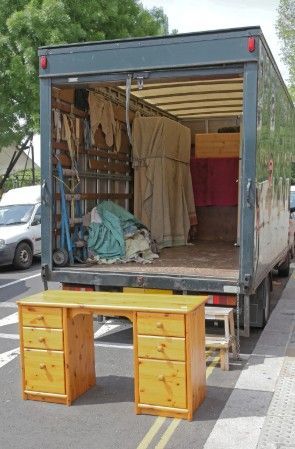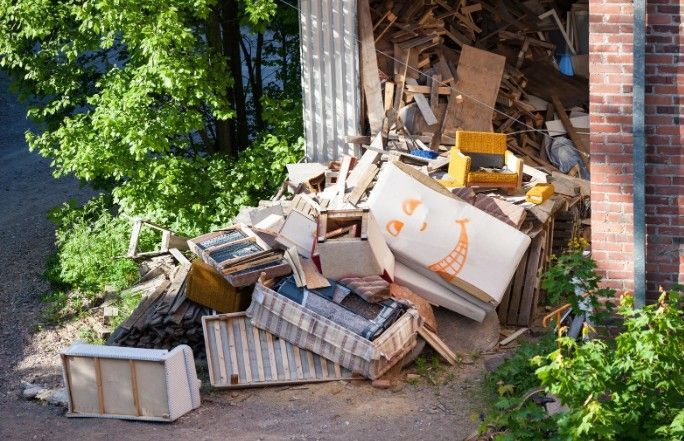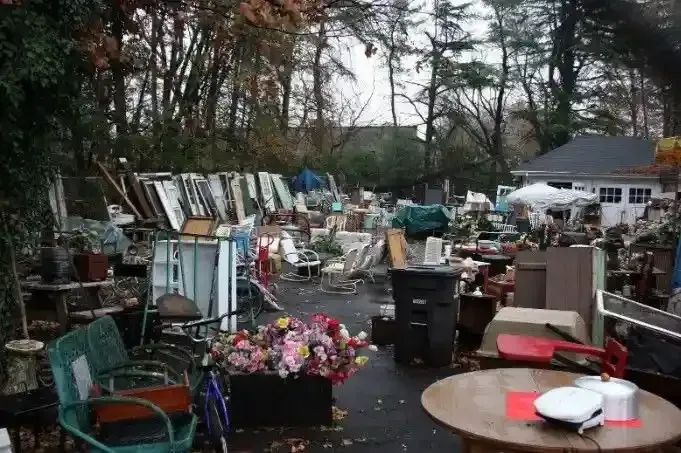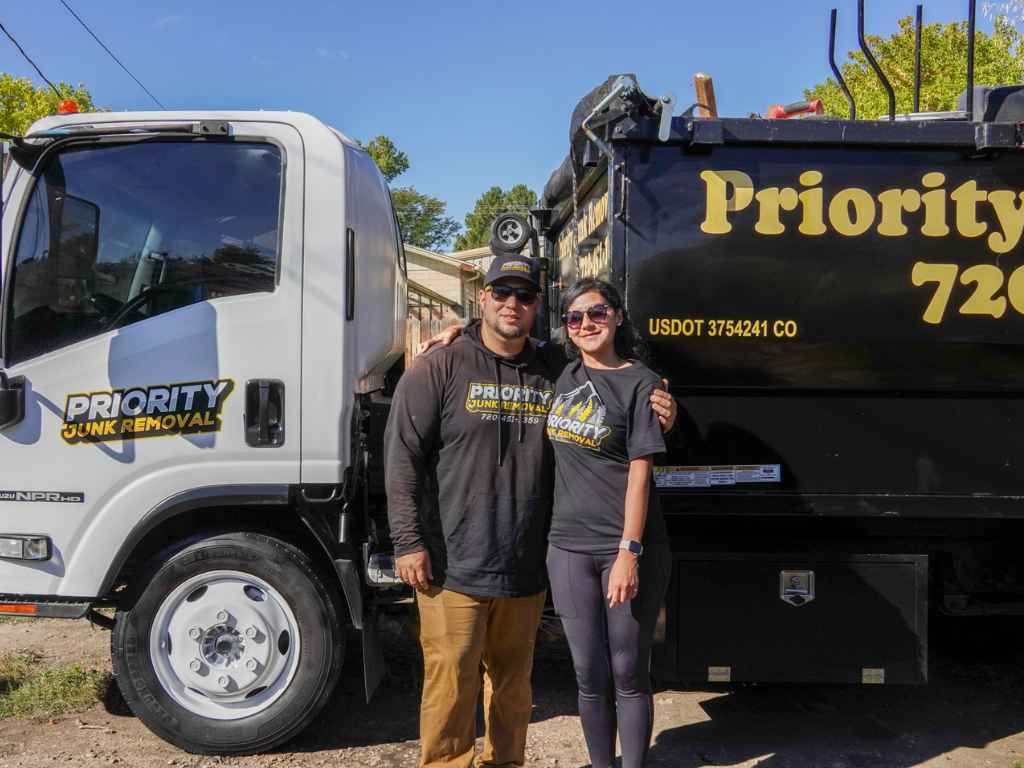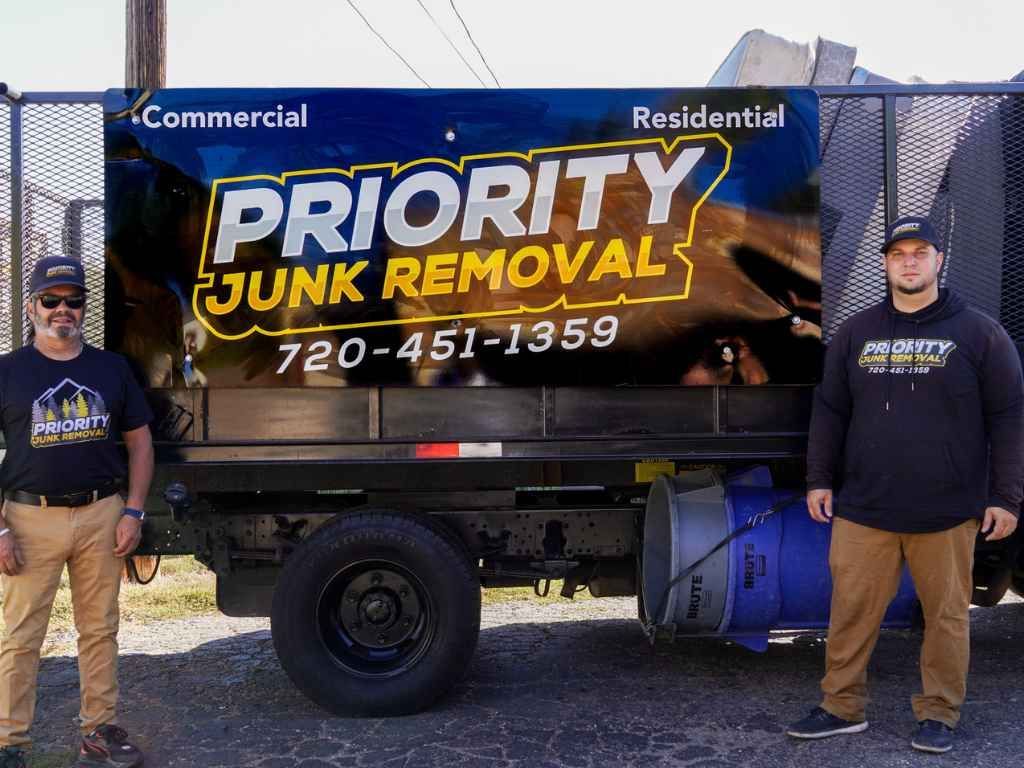How to Ensure Safe Yard Waste Disposal
Managing yard waste isn't just about tidying up your garden—it's also about ensuring that it's disposed of safely and responsibly. Yard waste, including grass clippings, leaves, branches, and other organic materials, can be a burden on our local ecosystems if handled improperly. However, by following safe disposal practices, you can not only make your yard look cleaner but also contribute to a healthier environment.
In this article, we'll delve into the best practices for safe yard waste disposal, discuss eco-friendly options, and provide useful tips to help homeowners keep their yards both neat and sustainable. Whether you're tackling a seasonal cleanup or just dealing with everyday waste, understanding proper disposal methods can prevent harm to the environment and your community.
Understanding Yard Waste and Its Impact
Yard waste is any organic material that results from regular lawn and garden maintenance. It includes grass clippings, tree trimmings, fallen leaves, weeds, and even small branches. While these materials may seem harmless, improper disposal can lead to environmental damage. Yard waste that is left to decompose improperly or disposed of irresponsibly can clog drainage systems, attract pests, and contribute to air and water pollution.
On the other hand, when yard waste is disposed of responsibly, it can be repurposed into mulch or compost, providing numerous environmental benefits. Understanding the right way to deal with yard waste starts with knowing what you’re working with and how best to manage it.
The Risks of Improper Yard Waste Disposal
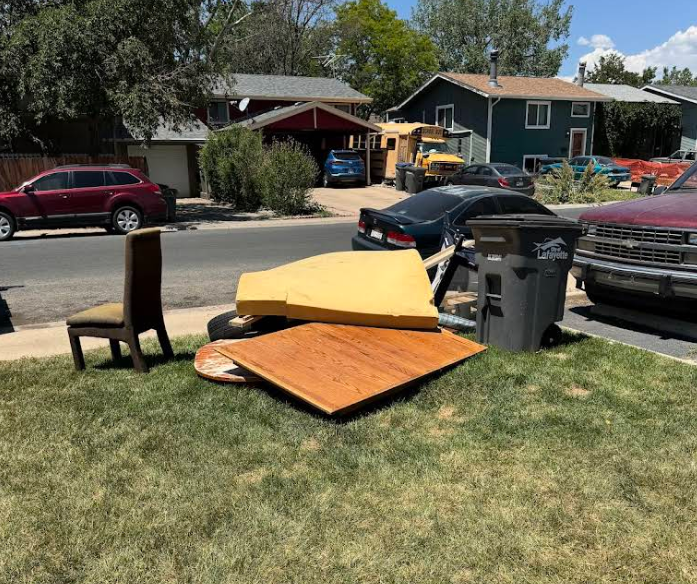
Improper disposal of yard waste can have a significant impact on both local ecosystems and public health. Let's take a closer look at the risks:
- Clogging Drainage Systems: Loose yard waste can be blown into street drains or blocked stormwater systems, causing flooding or water pooling. This can damage infrastructure, increase maintenance costs, and lead to hazardous conditions during heavy rainfall.
- Attracting Pests: Piles of yard waste, especially if left in damp areas, can become breeding grounds for pests like mosquitoes, rodents, and other insects. These pests can spread diseases and disrupt the local ecosystem.
- Air Pollution: Burning yard waste, a common but harmful practice, releases harmful chemicals like carbon monoxide and volatile organic compounds (VOCs) into the air. This contributes to air pollution and can negatively impact your health and the health of others in the community.
- Water Pollution: When yard waste is improperly disposed of in water bodies like lakes or rivers, it can lead to nutrient pollution. The organic material decomposes, depleting the oxygen in the water, which harms aquatic life.
By avoiding these practices and choosing safer disposal methods, you not only protect the environment but also contribute to a cleaner, healthier community.
Eco-Friendly Yard Waste Disposal Methods
Composting: A Sustainable Solution
Composting is one of the most eco-friendly methods for disposing of organic yard waste. By turning leaves, grass clippings, and other organic material into nutrient-rich compost, you reduce the amount of waste going to landfills while simultaneously enriching your garden soil. Composting helps reduce methane emissions, a harmful greenhouse gas that is often released when organic waste decomposes in landfills.
Here’s how to start your own compost pile:
- Choose a Location: Pick a well-drained area in your yard where the compost can break down naturally.
- Layer Your Materials: Alternate between green materials (like grass clippings and vegetable scraps) and brown materials (like dry leaves and small branches).
- Turn Regularly: Mix the compost every few weeks to ensure proper aeration and decomposition.
- Moisture: Ensure the pile is kept moist, but not too wet, to avoid anaerobic conditions that can create foul odors.
Once the compost has broken down into dark, crumbly material, it can be used to enrich your garden beds, improve soil structure, and boost plant growth.
Mulching: A Practical Solution for Yard Waste
Instead of bagging up your grass clippings, consider mulching them directly back into your lawn. This reduces the need for additional disposal and benefits your lawn by providing nutrients. A mulching mower is ideal for this task, as it chops the grass clippings into small pieces, allowing them to decompose quickly and nourish the soil beneath.
Mulching also prevents weeds from growing and helps retain moisture in the soil, reducing the need for frequent watering. Whether you’re mowing your lawn or trimming hedges, you can use mulched organic materials to maintain a healthy, vibrant yard.
Use a Yard Waste Collection Service
If you have a large amount of yard waste that can’t be composted or mulched on-site, consider using a yard waste collection service. Many municipalities offer curbside collection programs, where you can place your waste in designated bins for pick-up. This is a convenient option for homeowners who don’t want to deal with the hassle of disposing of large amounts of organic material.
Alternatively, some junk removal services specialize in yard waste disposal. They will come to your property, collect the waste, and take it to a facility where it can be properly composted or processed. This option is ideal for homeowners who prefer to have their yard waste taken care of without any extra effort.
Recycling and Reusing Yard Waste
In some cases, yard waste can be recycled or repurposed into other useful products. For example, small branches and tree trimmings can be chipped into mulch, which can be used as ground cover in garden beds or around trees. Some services even offer tree and shrub trimming, ensuring the waste is properly handled and turned into useful materials.
Additionally, large branches or logs can be repurposed as firewood, which can be stored for winter use. If you have a fireplace or outdoor fire pit, this can be a great way to make use of larger yard waste while enjoying its warmth on chilly nights.
What Not to Do When Disposing of Yard Waste
As tempting as it might be, there are certain practices you should avoid when disposing of yard waste. Here are some key things to keep in mind:
- Do Not Burn Yard Waste: Burning yard waste is not only hazardous to your health but also contributes to air pollution. It’s a dangerous practice that should be avoided at all costs.
- Do Not Dump Yard Waste in Water Bodies: Never dispose of yard waste in streams, rivers, or ponds. This practice harms aquatic ecosystems and can lead to long-term environmental damage.
- Avoid Landfilling Yard Waste: Throwing yard waste in a landfill means it will decompose anaerobically, producing harmful gases like methane. Always explore composting or recycling options before resorting to a landfill.
By avoiding these harmful practices, you can significantly reduce the environmental impact of your yard waste and help create a cleaner, healthier world.
The Importance of Professional Yard Waste Disposal Services
If you’re not sure how to deal with large amounts of yard waste, or if you simply want to take the hassle out of cleanup, professional yard waste disposal services can be a great option. These services are equipped to handle everything from large tree limbs to grass clippings, ensuring that everything is disposed of properly.
Professional services also know how to properly segregate recyclable and compostable materials, making sure that as much waste as possible is reused or recycled. If you’re looking for an eco-friendly solution without the stress, consider hiring a junk removal company that specializes in yard waste disposal.
The Hidden Risks of Improper Yard Waste Disposal You Should Avoid
While yard waste might seem like a minor problem, improper disposal can have significant long-term consequences for the environment and public health. When yard waste is disposed of incorrectly—whether by burning it or dumping it in water bodies—it can lead to issues such as air pollution, water contamination, and ecosystem disruption. Burning leaves and branches, for example, releases harmful chemicals like carbon monoxide and volatile organic compounds (VOCs), which contribute to smog and respiratory problems. Similarly, dumping yard waste in nearby rivers or lakes can pollute water sources and harm aquatic life by reducing oxygen levels.
Another common mistake is simply throwing away yard waste in landfills. When organic materials break down in landfills without oxygen, they release methane, a potent greenhouse gas. This can worsen climate change. By taking the time to compost or recycle yard waste, you help reduce these negative environmental impacts and foster a cleaner, healthier community. Proper disposal methods are a small investment that yields substantial long-term benefits.
Conclusion
Ensuring the safe disposal of yard waste is not just a matter of keeping your yard clean. It’s about protecting the environment and reducing your carbon footprint. By opting for sustainable methods like composting, mulching, and professional yard waste collection services, you can make a significant positive impact on your surroundings.
If you’re looking for help with your yard waste disposal, Priority Junk Removal can assist you in safely and responsibly managing your yard waste, ensuring that it’s taken care of with minimal environmental impact. For more information on how we can help, feel free to contact us at: 6091 South Spotswood Street
Littleton, Colorado 80120, United States, Phone: 720-451-1359, Email: priorityjunkremoval@gmail.com

